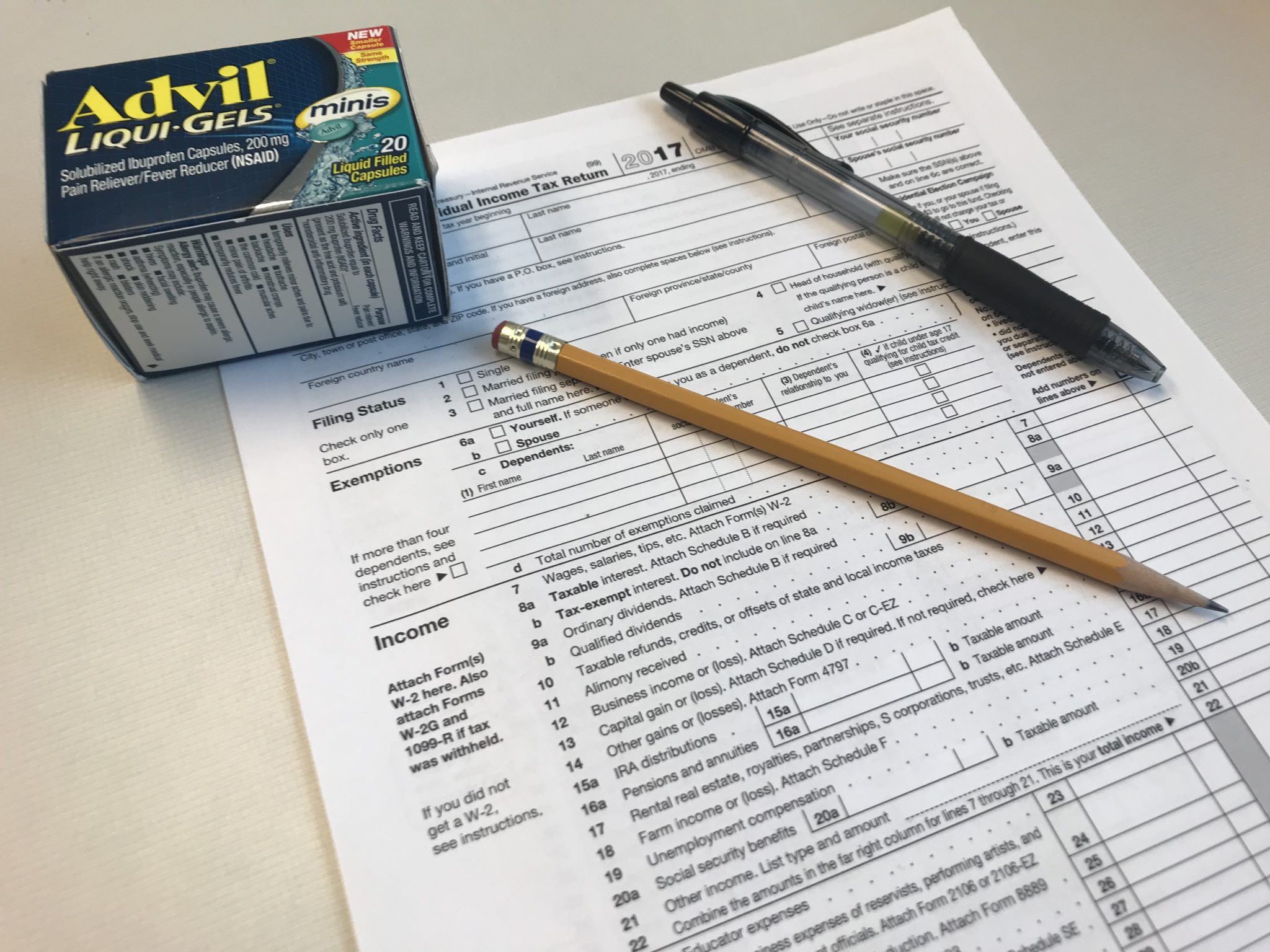MichMash: Michigan Legislature had a busy week, addressing everything from tax laws to abortion
Key issues included income tax trigger laws, how to best implement Proposal 3, harassment of poll workers and electric cars in Michigan.

In this week’s MichMash, host Cheyna Roth talks with Bridge Michigan’s Lauren Gibbons about the key issues in the Michigan state legislature including income tax trigger laws, how to best implement Proposal 3, harassment of poll workers and electric cars in Michigan.
In this episode:
- Now that Proposition 3 has passed, what will happen to Michigan’s anti-abortion laws still on the books?
- As the number of electric vehicles driven in Michigan increases, what will happen to the roads as revenue generated from the gas tax decreases?
- Secretary of State Jocelyn Benson has a new initiative to protect election workers from harassment on the job.
Subscribe to MichMash on Apple Podcasts, Spotify, NPR.org or wherever you get your podcasts.
From income tax to electric cars, Michigan legislature had been busy this week addressing a wide variety of priorities. To break down all the headlines, Cheyna Roth spoke with Bridge Michigan’s Lauren Gibbons about the key issues Michigan politicians are debating.
First on the docket is a 2015 income tax trigger law that reduces income tax when Michigan’s state revenue exceeds inflation. While we will not know if this trigger will be pulled until the fiscal year is complete, Michigan did receive an increase in revenue this year from COVID-19 relief funding.
Democrats are interested in revoking the law, and Republicans are hoping that the trigger will take effect and reduce the tax bill for Michigan families. As of right now, it is unclear exactly how this will affect the state long-term.
“If this money dries up from the surplus, and there is nothing replacing it then we could be in a little bit of trouble if there is not enough money to sustain current government practices,” explains Gibbons. “That said, it would be a pretty significant individual benefit for people if the income tax went from 4.25% to 4.05%.”
Democrats have also been working on how to implement Proposal 3, which amended Michigan’s state constitution to guarantee the right to abortion. Michigan laws that previously banned the procedure are now unenforceable, and Democrats have introduced bills to remove these bans from the books along with references to the bans in other state laws.
It is yet to be seen if Democrats will want to change regulations on abortion procedures, which include laws requiring parental consent, waiting periods and some standards for abortion practitioners. While Republicans have been largely silent on removing redundant laws, they may change their tune if other abortion laws end up on the chopping block.
“At this point it sounds like a lot of anti-abortion advocates are waiting and seeing what Democrats in the legislature ultimately do or introduce,” says Gibbons. “I imagine that if there are any major changes to how abortion regulations in Michigan operate there will be some pretty heavy pushback from anti-abortion lawmakers and interest groups.”
After witnessing the increase in hostility toward poll workers in the last election cycle, Michigan Secretary of State Jocelyn Benson has been pursuing legislation to toughen punishments on people who harass election workers.
“She is pretty concerned about the fact that election workers and election officials like local clerks, seeing all of the things that have happened over the last few years, and the pressure that these election workers were under, there may be a little bit of trouble recruiting people to help with the elections, or encouraging existing election officials to stay when their terms come up,” explains Gibbons.
Finally, as Michigan pushes to become the nationwide leader in electric vehicles, infrastructure industry officials are concerned about what will happen to Michigan’s gas tax. The gas tax is one of the main sources of funding for Michigan’s road repairs, and it is unclear where future funding will come from if gas sales in Michigan drop.
“There’s a push for a shift towards electric vehicles overall,” Gibbons explains. “I think there will be a point of reckoning that folks will have to face. How do we fund Michigan infrastructure if the nature of the vehicles driving and using our infrastructure changes?”
Related posts:
- MichMash: Michigan’s 102nd Congress starts the year introducing new proposals
- MichMash: What is the future of Michigan’s right-to-work law after Dems control Lansing?
- MichMash: Democrat lawmakers are looking at potential environmental policy changes
Support the podcasts you love.
One-of-a-kind podcasts from WDET bring you engaging conversations, news you need to know and stories you love to hear.
Keep the conversations coming. Please make a gift today.

